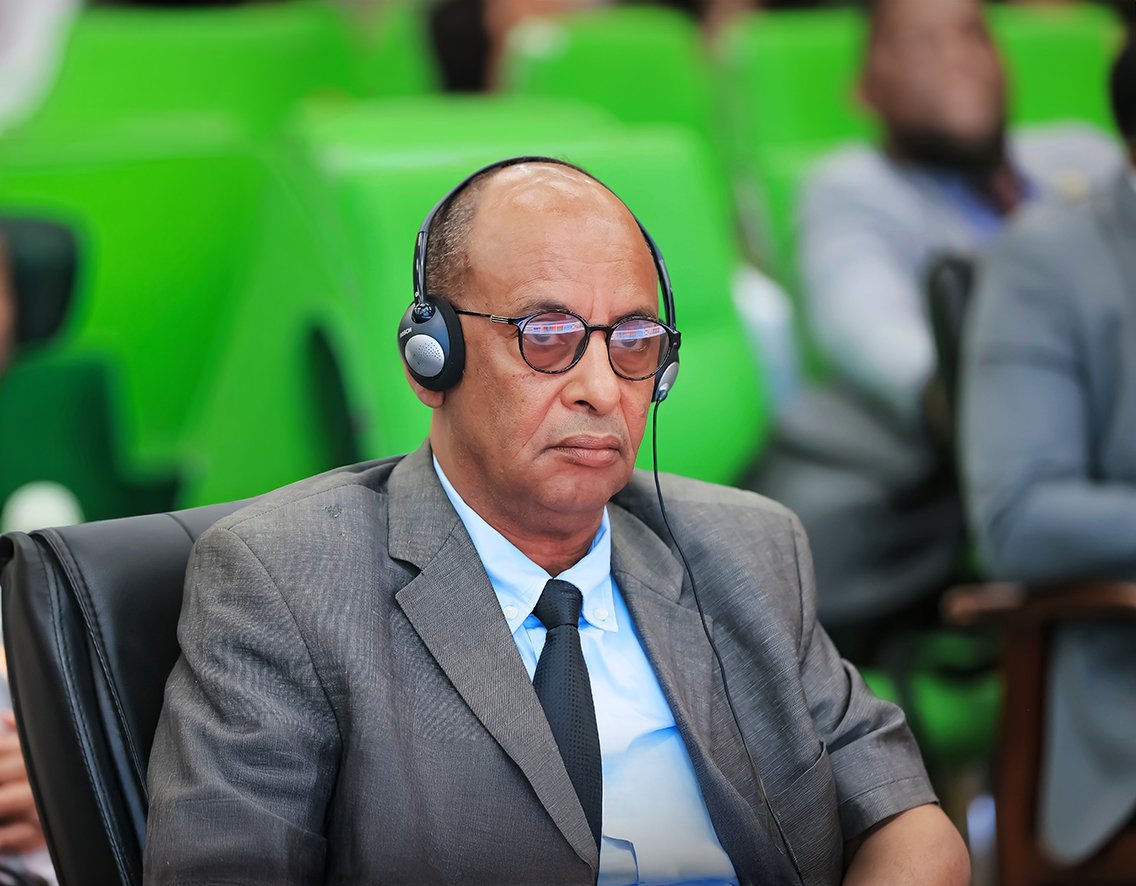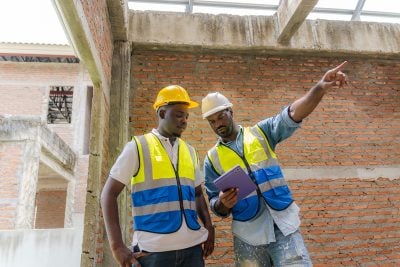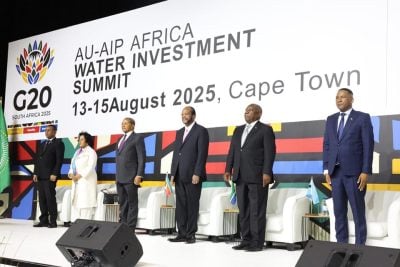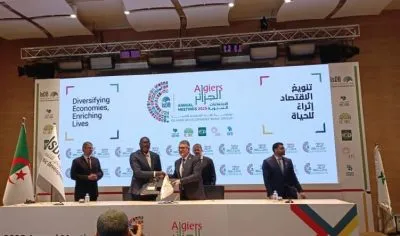This article was produced with the support of African Gazettes Forum
Deprived of an official gazette for more than 20 years, Somalia is now rebuilding its legislative history through digital technology. This renaissance is being driven by the Ministry of Justice, which is determined to make the law visible, accessible and understandable to all.
Speaking at the African Gazettes Forum, Somali deputy minister of justice Ahmed Abdirahman Hassan recounted how his country has resumed its institutional record-keeping.
“During the civil war, our laws existed, but no one could consult them,” he explained. The conflict had paralysed the state and interrupted all official publications. Decrees circulated from hand to hand, without any framework, in a climate of lasting legal uncertainty.
The restart began after the political transition period in the early 2010s. “Since the 1960s, every text has followed the same path: it is prepared by a ministry, reviewed by the Ministry of Justice, adopted by Parliament, and then published in the Official Gazette,” says the Minister. This mechanism, which had long been broken, is now working again. Publication resumed in the mid-2010s, in Somali, English and Arabic.
The next step is to make the entire collection available online. “The process is almost complete,” he said. “We want every citizen to have direct access to the law, without an intermediary”.
The project is part of a broader modernisation programme supported by the World Bank and several regional partners, with the aim of ensuring the traceability of public decisions and enhancing transparency. “This is the best way to inform people about new laws and bring justice closer to citizens,” said Ahmed Hassan.
The Minister praised the “brotherhood and courage” of the Republic of Djibouti, a sister nation that has managed to preserve the continuity of the state and host the Forum. The linguistic and cultural proximity between the two countries – Somali is spoken on both sides of the border – facilitates this cooperation. “The Republic of Djibouti has played a key role in the institutional reconstruction of Somalia and in the consolidation of regional peace,” he emphasised.
Somalia also supports the idea of an African Gazettes Charter, symbolising a shared commitment to transparency and regional cooperation, which could be established at the second African Gazettes Forum next year.
By focusing on digital technology, Somalia wants to turn the page on decades of instability and put the rule of law back at the heart of reconstruction.

 Sign in with Google
Sign in with Google 



